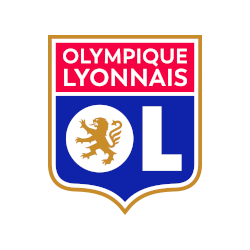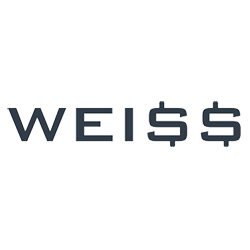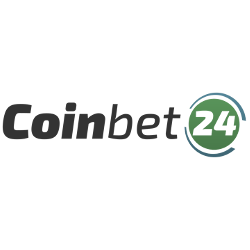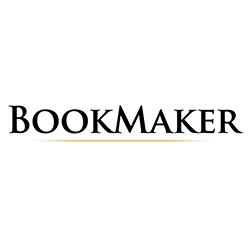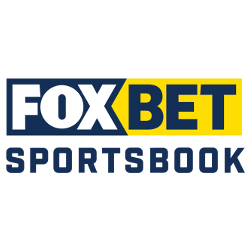German Football’s Partnership with Adidas Ends After 70+ Years: There Are Even Longer Collaborations in Sporting History
After more than 70 years together, German football and Adidas are calling it quits. This was one of the five longest-lasting sponsorship partnerships in sports history.
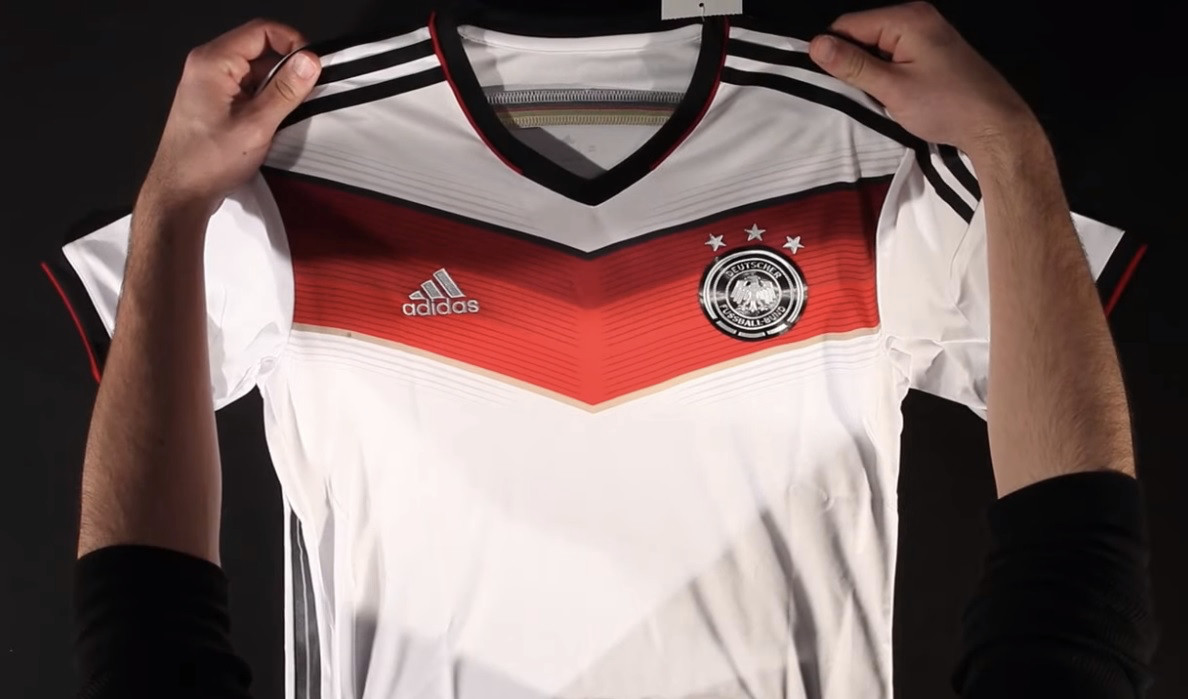
Unexpectedly, the German Football Federation (DFB) said a few days back that American sportswear giant Nike will begin supplying all of Germany’s national teams with its jerseys and equipment starting in 2027. The new agreement, which runs until 2034, terminates DFB’s association with Adidas, which dates back around 70 years now and seemed to be unbreakable.
For the UEFA European Championship, which Germany is hosting this summer and in which France and England are the early co-favorites to win the competition (as per Internet sportsbooks giving their players the opportunity to enjoy the excitement of online betting without having to risk their own money with no deposit bonuses), the men’s squad is based in Adidas’ headquarters in Herzogenaurach, close to Nürnberg, the second-largest city in the state of Bavaria.
For the women’s two FIFA World Cup and eight European titles, as well as for all four of the men’s World Cup titles, German teams wore Adidas apparel. Some say that DFB has been having Adidas supplying their players since 1950, which was just one year after the German sportswear brand was founded, making it a 77-year-old collaboration.
When the German men’s team won the World Cup for the first time in 1954, Adi Dassler, the originator of Adidas, was sitting on the bench next to West Germany coach Sepp Herberger. He was sporting the screw-in stud boots made famous by his firm. Contrary to popular belief, Dassler didn’t create the boots with replaceable studs. Alexander Salot, a German shoemaker, came up with them a few years earlier, i.e. in 1949 when he filed his invention with the German Patent Office. But in the WC final in Bern, Switzerland, they undoubtedly contributed to the victory of “Nationalelf“ over Hungary. Since then, other sources say, Dassler’s business has provided German football with equipment, and just this past week, it unveiled the new uniforms for Euro 2024, which Germany will host from June 14 to July 14.
Why Did DFB Replace Adidas with Nike?
Concerns about finances, as well as other issues, led to the DFB’s change from Adidas to Nike.
According to the DFB, the agreement would help grassroots German football and make financial sense. As per the German press, Nike committed to paying an annual sum of approximately €100m (£86m; $108m) for the kit supply, which is twice the amount Adidas paid.
On social media, the DFB stated that it recognized the German public’s emotional response to its decision and described the change in suppliers after 70 years as a “drastic event” that “doesn’t leave us cold”. Nonetheless, it stated that the DFB finances Germany’s grassroots league, which consists of “more than 24,000 football clubs, 2.2 million active players, numerous volunteers, and almost 55,000 referees”.
Now, is this – whether it’s considered a 70- or 77-year-old collaboration – the most enduring in sporting history (not counting partnership deals of sporting competitions and businesses)? No, it isn’t, but it’s in the top five…
Top 5 Longest-Lasting Sponsorships in Sports History
The nature of sponsorship has changed over time, and some traditional partnerships have enjoyed very successful long-term sponsorship arrangements, even though sponsorship today is significantly more complex, particularly in terms of sponsorship assessment and performance monitoring.
See five of the most successful sponsorships in sports ever made (in descending order).
# 5 VfL Wolfsburg and Volkswagen: 33 Years (and Counting)/McLaren Formula One and Hugo Boss: 33 Years (Ended)
The city, which is also the location of Volkswagen’s headquarters, is named after the German multi-sports group VfL Wolfsburg – most well-known for its football section (men’s football Bundesliga champions in 2009; women’s football Bundesliga champions seven times and UEFA Champions League winners twice), while it also has handball, badminton, and athletics departments. Their long-term collaboration, which began in 1991, has surpassed the record for the oldest shirt sponsorship in history.
Beyond the obvious shirt sponsorship, their relationship goes back further: A German automaker purchased the team and got themselves a 50-percent stake in its then brand-new stadium, the Volkswagen Arena, in 2002.
The luxury fashion brand Hugo Boss and the McLaren Formula One motor racing team (now competing as McLaren-Mercedes) had one of the longest-running collaborations in auto racing. They signed a 33-year contract in 1981, and their wildly successful collaboration ended in 2014.
BOSS was essential in creating the team’s look and identity at that period. The German business then declared that Mercedes-Benz would henceforth be its official source for formal and casual wear apparel. This partnership persisted till 2017.
# 4 FC Bayern Munich and Adidas: 50 Years (and Counting)
You already learned all that’s to know about Adidas and its sponsoring of German football. The company has another long-enduring kit sponsorship in the country, not as long as with DFB, but still very long.
Adidas has sponsored FC Bayern München’s uniforms for 50 years, and the two companies have already extended their agreement beyond 2030. Adidas even purchased an 8.33% share in the squad in 2001; this proved to be a wise move as the German men’s football most titled team’s value rose over the ensuing years.
# 3 Scuderia Ferrari S.p.A. and Shell: 74 Years (and Counting)
Based on revenue, Shell is one of the largest companies in the world, specializing in oil and gas. It’s nearly hard to talk about Formula One team Ferrari (the full name Scuderia Ferrari S.p.A.) and not include Shell in the same sentence. The UK-based corporation was one of the brand’s closest supporters and technical collaborators for more than 70 years, offering considerably more to the table than a standard sponsor. The collaboration started with the inaugural World Championship Series in 1950 and was extended in 2021.
Even now, they are still collaborating to enhance Ferrari’s V6 turbo-hybrid powerplant, which is already among the most efficient in the world.
# 2 German Football Federation and Adidas: 77 Years (Ended)
You already read about this above, no need to repeat it, right?
# 1 Geelong Football Club and Ford Motor Company: 99 Years (and Counting)
The Geelong Football Club and Ford Australia, the Australian branch of the US-based carmaker Ford Motor Company, hold the record for the longest sponsorship of a sports team worldwide – ratified by the Guinness Book of Records. The two sides, which both have their headquarters in Victoria, Australia, have been working together since 1925.
Hand by hand, the men’s Australian Rules football team and the car company, which has its main office in Michigan, have seen joint eight AFL Grand Finales and 52 finals series. Ford’s emblem can be seen on the team’s shirts and other on-field gear as a result of their cooperation. They’ll commemorate a century of collaboration in 2025.
More tips on Football
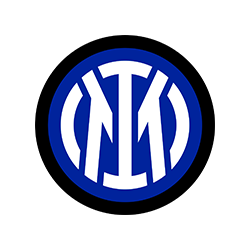
FC Internazionale Milano
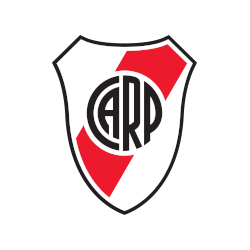
CA River Plate
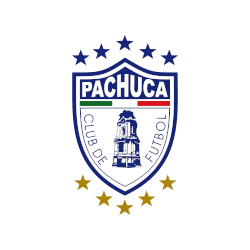
C.F. Pachuca
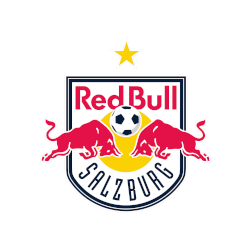
FC Red Bull Salzburg
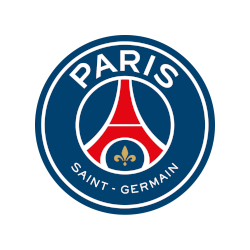
Paris Saint-Germain FC
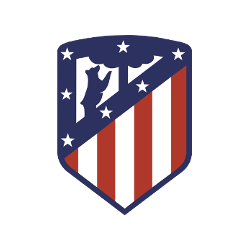
Club Atlético de Madrid

Paris Saint-Germain FC

FC Internazionale Milano
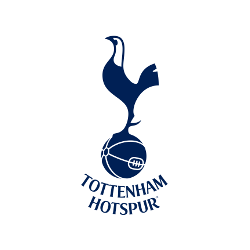
Tottenham Hotspur F.C.
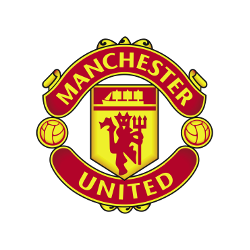
Manchester United F.C.

Manchester United F.C.
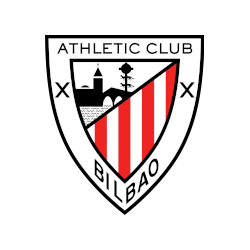
Athletic Bilbao
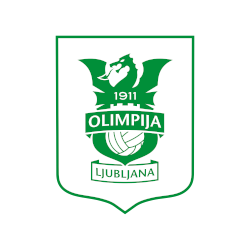
NK Olimpija Ljubljana
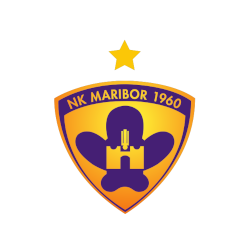
NK Maribor

Manchester United F.C.
